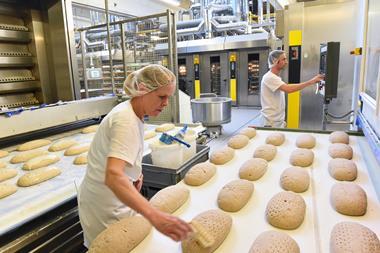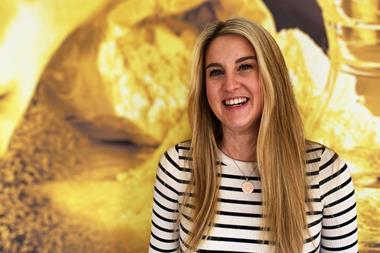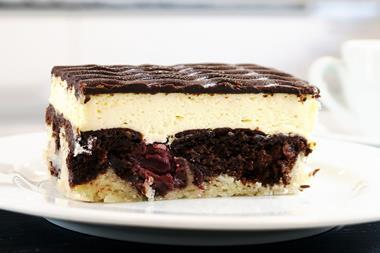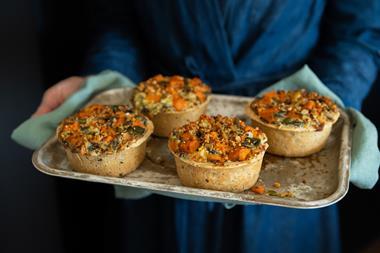Social business Scotland The Bread (STB) is looking to raise £30,000 by the end of the month in a bid to ramp up a programme of wheat breeding and research and create the most “nutrient-dense and digestible grains and bread possible”.
The collaborative project, which is seeking a minimum share investment of £100 and a maximum of £3,000 per investor alongside donations, would also use the funds to create more jobs per loaf, it said.
Historic Scottish long-strawed wheat varieties such as Rouge d’Ecosse and Hunter’s, are currently being researched, with initial findings demonstrating that most of the samples have above-average nutrient content, STB said.
Funding is now required to test, and then release for sale, the current crop of more than 10 tonnes of 19th-century Scottish wheats that have already been harvested, added Andrew Whitley, one of seven directors on STB’s founding board and owner of Bread Matters.
“Ground-breaking independent research doesn’t come cheap,” he insisted. “We will use the cutting-edge expertise of Scottish molecular scientists to tell us exactly how nutritious our innovative grain varieties are. It’s this that will make Scotland the Bread unique as every bag of grain or flour we certify will carry an analysis of what is in it and how this differs from what is generally available.”
Whitley’s organic small-holding at Macbiehill near Peebles grows more than 40 trial plots of wheat, spelt, emmer, oats, rye and barley from seeds sourced from seed-banks around the globe including the Vavilov Institute in St Petersburg, NordGen in Sweden and the John Innes Centre in Norwich.
Trial plots have also been grown on other organic farms and on a small scale in public spaces in Glasgow and Edinburgh with the Royal Botanic Garden Edinburgh planting some of the project’s Swedish brown wheat in its Demonstration Garden.
“Throughout the history of crop breeding there has been a strong focus on yield and resilience,” said Dr Max Coleman, science communicator at the Royal Botanic Garden Edinburgh.
“Projects like Scotland the Bread are showing that we must protect and re-examine old crop varieties, and the wild relatives of crop plants, for their potential to improve the taste and nutritional quality of our food.”
So far STB has raised more than £20,000, which means it is now eligible for a matched loan and grant each worth £20,000, via Just Growth, a funding programme designed to encourage the growth of community based food and farming projects.
“Scotland the Bread is one of six initiatives we are working with this year,” said Clare Horrell, Just Growth manager.
“With our partners the Esmée Fairbairn Foundation and Co-operative and Community Finance, we are providing a mix of loan and grant funding to projects that are re-thinking the way we produce food. Scotland the Bread is exactly the sort of project we are delighted to support.”
The share offer is supported by Community Shares Scotland. Programme manager Kelly McIntyre said: “This is a landmark community share offer. We are impressed at the level of interest and steady investment shown so far. It is testament to the enthusiasm of the Scotland the Bread team. We hope it will inspire many other community enterprises throughout Scotland to pursue their unique projects.”



































No comments yet